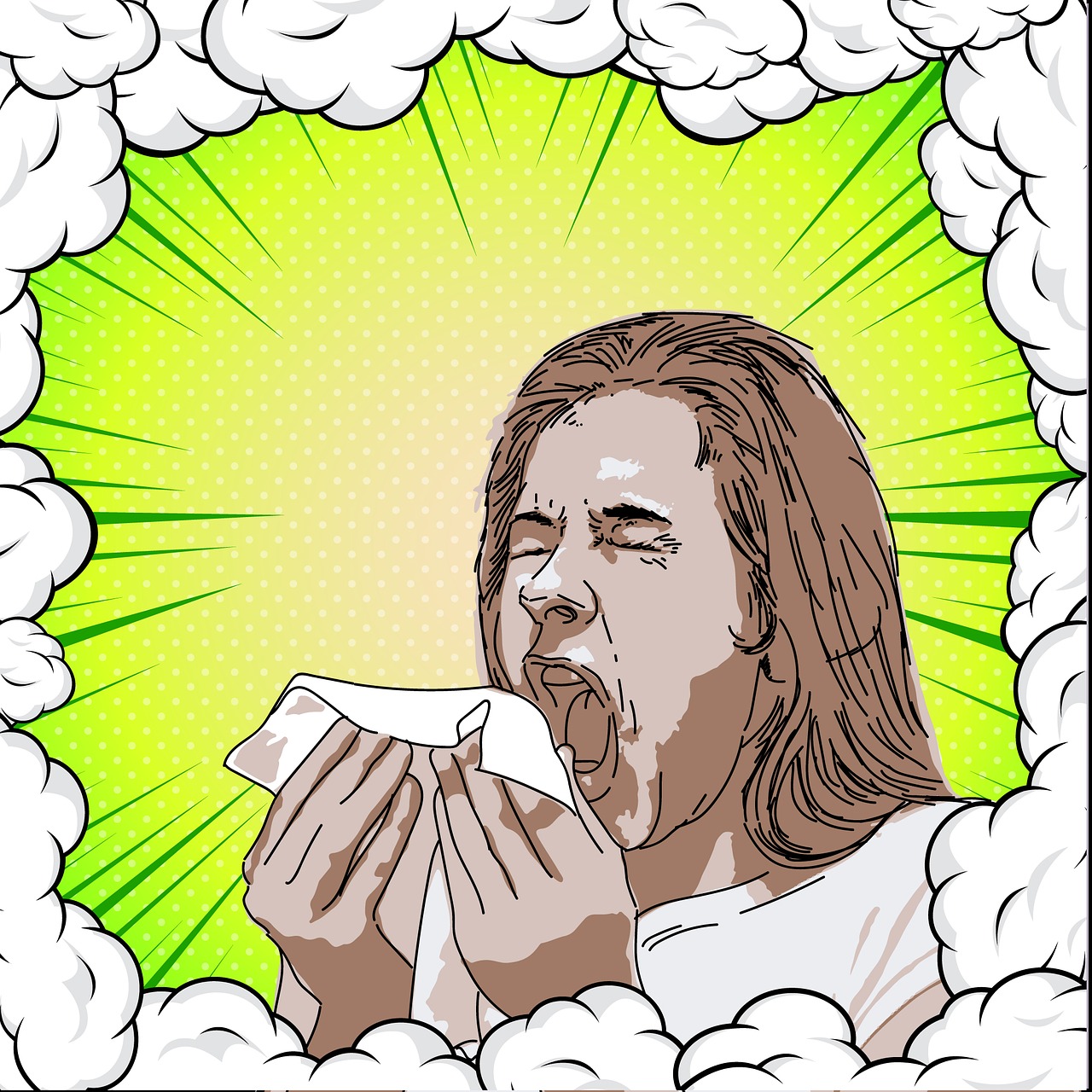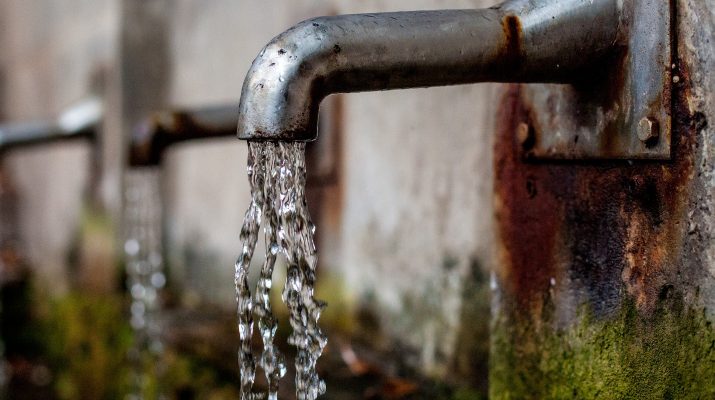Hard water is the water that has high mineral content especially calcium and magnesium. The water becomes harder when large quantities of calcium and magnesium dissolves in it. Minerals like calcium and magnesium are required for the body to function but in lesser amounts. Calcium is essential to keep the bones strong and magnesium helps in processing fat and proteins. However, when consumed in larger amounts than what is necessary, it has its own consequences like vomiting, diarrhoea, etc. Therefor a question arises as to what methods one should adopt in order to ensure that the water filtration process is at its best so that pure water is only consumed. Before we begin to address the solution, it is wise to discuss Hard Water and its effects to start with.
Hard water can be used for drinking and washing purposes but over a period of time it leads to several inconvenient problems.Signs that proves the water is harder
- Chalky whitish spots on dish washers and dishes
- Clothes become rough and fade in colour
- Scale formation on taps and other metallic surfaces
- Skin becomes dry and hair becomes flat just because the soapy elements did not wash away properly
- Reduce in the pressure on running water from showers and taps
The contaminants in hard water tend to stick to the surface of water taps. It creates a problem for the water based electrical appliances in your washroom. White coloured sediments are found in the water heaters which can ruin it or it can delay the process of heating which lead to high electrical bills. Hard water can also cause white spots on any metallic surfaces. The chalky deposit on metallic surfaces is called as lime scale which proves that the water is harder. This issue has to be dealt seriously as the water pipes cannot cope up with it and may bring expensive plumbing works. There is reduction in the pressure of water flow because of the presence of lime scale inside the pipes.
Read about Harmful Impurities Found in Drinking Water
Problems while washing dishes and clothes occurs due to hard water. It makes the clothes rougher after a wash because of the presence of calcium and magnesium minerals in hard water. There are chances for the clothes to tear out after multiple washes in hard water. During dish washing, the detergents used in plates and other utensils are not washed away properly.

Hard water and soap affects your skin. The soapy lather on your skin does not wash away properly while rinsing because of the mineral presence in it and it leaves a film over the skin termed as soap curd. The hair loses it quality and appears to be dull in look. Sometimes the hair roots may lose its strength and can lead to hair fall. It can also cause irritation to the skin.
Hard water over the years has been pointed out to be one of the reasons for many health related issues which includes cardio vascular diseases, fertility, gastro intestinal problems, Alzheimer’s disease, eczema, etc. Hard water has no known adverse health effect, WHO says at its Geneva Conference. In addition, hard water, particularly very hard water, could provide an important supplementary contribution to total calcium and magnesium intake. National Institutes Of Science states that the health effects of hard water are mainly due to the effects of the salts dissolved in it, primarily calcium and magnesium. To a large extent, individuals are protected from excess intakes of calcium by a tightly regulated intestinal absorption mechanism through the action of 1, 25-dihydroxy-vitamin D, the hormonally active form of vitamin D. Although, calcium can interact with iron, zinc, magnesium, and phosphorus within the intestine, thereby reducing the absorption of these minerals. On the other hand, the major cause of hypermagnesemia is renal insufficiency associated with a significantly decreased ability to excrete magnesium. Increased intake of magnesium salts may cause a change in bowel habits (diarrhea). Drinking-water in which both magnesium and sulfate are present in high concentrations (~250 mg/l each) can have a laxative effect. Laxative effects have also been associated with excess intake of magnesium taken in the form of supplements, but not with magnesium in the diet.
Water Softener is the only solution for hard water!
Water Softener is the Solution for hard water problem . Salt is one of the main components of a water softener and must be resupplied in order for the system to continue working correctly. In the simplest terms, hard water passes through a filter that contains negatively charged resin (plastic) beads. The resin beads attract and filter out calcium and magnesium minerals from the water.
The newly soft water then passes through the filter and into the home. Water softener salt is required for cleaning the water softener system, also known as regeneration. During regeneration, positively charged salt ions force the magnesium and calcium off of the resin beads. The salty regeneration water is then flushed out of the softener and down the drain.
Also read about Top 5 Water Purifier Brands In India

